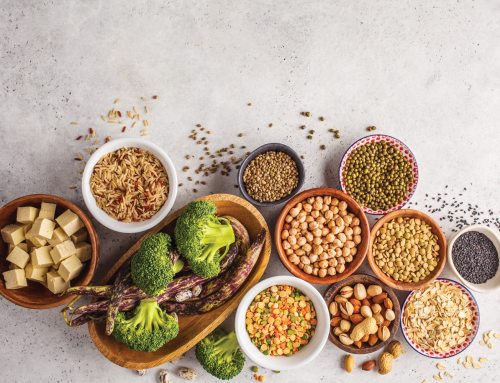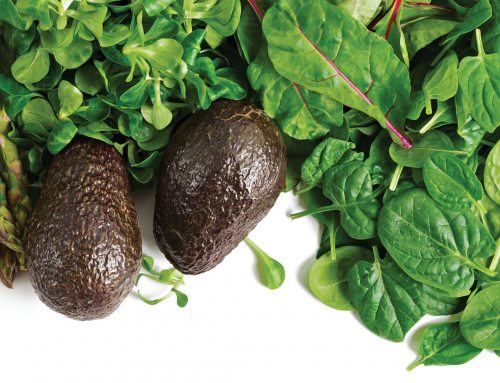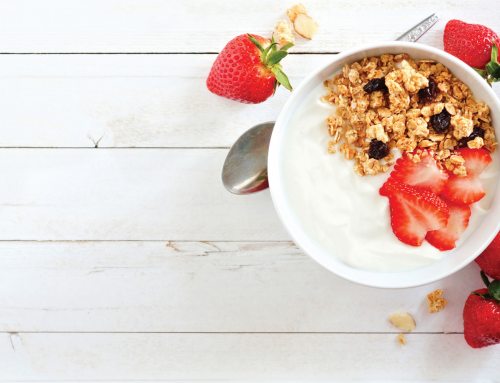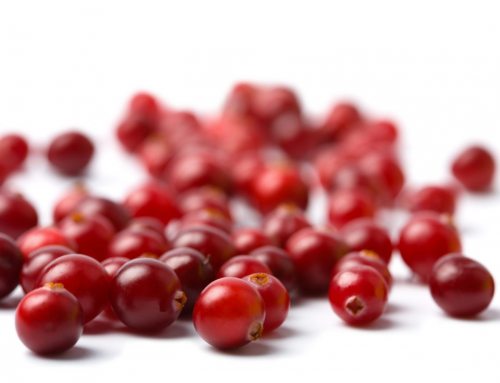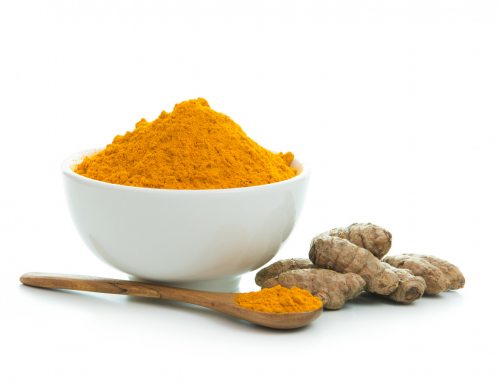Fellas, this one is for you! One of the easiest and most effective ways to enhance athletic performance while also preventing disease and maintaining optimal health is to start with what’s on your plate. There is no time like right now to start taking charge of your health, and you can take the first step right here by testing your knowledge on common men’s health myths below.
TRUE or FALSE: Calcium intake is more important for women than it is for men.
False. Although osteoporosis may be looked at as a disease that tends to effect only women, one in four men over age 50 will have an osteoporosis-related fracture in his lifetime. To help prevent this, aim for 1,000 mg of calcium intake per day. Include Vitamin D in your diet to help absorb calcium better, which will overall help prevent bone loss and osteoporosis later in life. Sources of calcium include dark green leafy vegetables and white beans. Weight-bearing and resistance exercises also help prevent osteoporosis.
TRUE or FALSE: Eating well during the week gives you a free pass to consume whatever you want during the weekend.
False. When it comes to weight maintenance, your body is in a constant state of balance: energy in versus energy out. It metabolizes food the same way no matter what day of the week it is, so you may find yourself maintaining or even gaining weight if you are eating excess quantities of food every weekend, regardless of how well you eat during the week. Try sticking to one splurge meal about every two weeks, and aim for a consistent healthful diet otherwise.
TRUE or FALSE: Men have higher calorie needs than women.
True. Although energy needs differ for everyone due to factors such as height and activity level, men typically need more calories than women. This is due, in large part, to their reproductive hormones. Testosterone causes men to yield more muscle, and this muscle mass paired with the larger build that men tend to have causes a need for higher energy intake.
TRUE or FALSE: An apple a day keeps the doctor away.
False. Although everyone is encouraged to eat five or more servings of fruits and vegetables a day, men should be trying to eat nine! Only four percent of men report eating nine servings every day, and they also report knowing significantly less about the benefits of fruits and vegetables than women do. Benefits of produce intake include reducing diseases such as heart disease, diabetes, hypertension and certain cancers, as well as increasing fiber intake and micronutrient stores. Aim for a variety of colors in your diet to maximize benefit.
TRUE or FALSE: Iron intake is especially important for men.
False. Women actually require much more iron than men, due to blood loss from monthly menstrual cycles. Women need about 18 milligrams of iron per day, whereas men need about 8 grams. Sources of iron include nuts, beans, green leafy vegetables and fortified grains.
TRUE or FALSE: Men should aim to consume at least 30 grams of fiber every day.
True. Fiber helps support your digestive system, greatly protects against heart disease and helps stabilize blood sugar during mealtime. Whereas women require 21 to 25 grams of fiber, men should aim for 30 to 38 grams. 30 grams of fiber is equivalent to five cups of fruits and vegetables. Other sources of fiber include whole grains, beans and nuts.
TRUE or FALSE: As long as you’re at a healthy weight, you can eat whatever you want.
False.Even men who are thin can have cholesterol problems and high blood pressure. These levels rise if processed food and foods high in saturated fat and sodium are common in your diet. According to the CDC, 1 in 4 male deaths are caused by heart disease. To keep your blood levels in check, focus on including more vegetables, fruits and whole grains in your diet in place of processed foods. Commit to regular medical checkups and ask to get your blood work done.
How’d you do? If you got more than half of these correct, you are on the right track of taking charge of your diet! Contact a Registered Dietitian if you have questions regarding your specific nutritional needs for health or athletic performance.
# # #
Ashley Acornley, MS, RD, LDN is sports dietitian at Triangle Nutrition Therapy Inc She has an undergraduate degree in Kinesiology and a Masters degree in nutrition. IN addition to being a Sports Dietitian, she is also a Personal Trainer. She teaches competitive athletes ways to fuel and hydrate to optimize sports performance and maximize health



